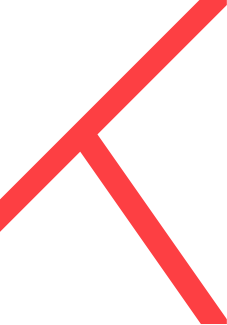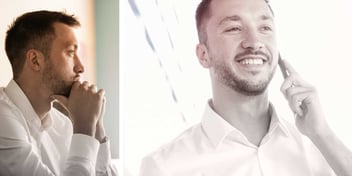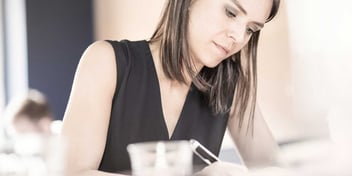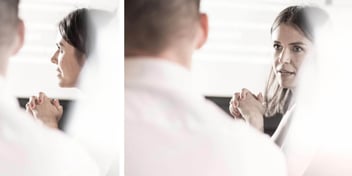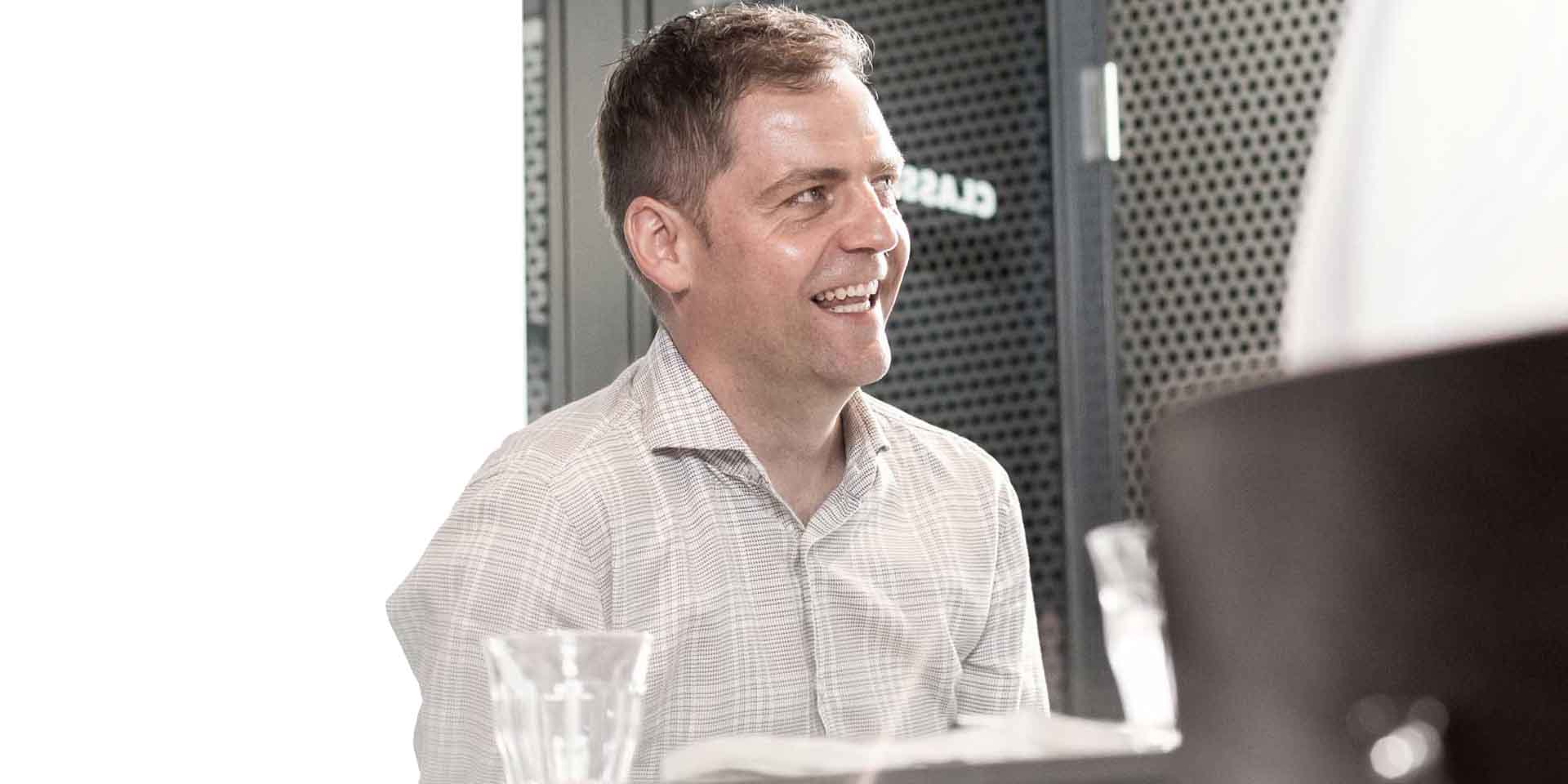
Interview with Andreas Weller – Cofounder of Sidekick
You and Anita are the founders of Sidekick Network. What did you actually do before you founded the company?
- First, I studied business administration in Dresden and then I did my main studies in Sweden. I was able to learn a lot in a very startup-oriented environment and I knew that I definitely wanted to work in an international context later on. The university itself was completely focused on entrepreneurship. I also wrote about spin-offs and start-ups in my diploma paper back then.
- After graduating, I started working at T-Systems and was able to work on many projects. However, after some time I realized that I would like to work independently. That’s why I became a freelancer myself.
How did you come up with the business idea for Sidekick?
- During the ten years that I worked as a self-employed IT consultant, I came up with the idea of founding Sidekick. I was constantly getting offers from agencies that didn’t fit me and my qualifications at all. Moreover, I knew that I was not the only consultant with this problem. That’s when I identified a gap in the market that we could fill. In addition, I had known Anita since my time at T-Systems and could very well imagine building up a company together with her, as we had always worked great as a team.
What has been your most striking experience in your career so far?
- I once had a consultant call me and say: “Andy I’m standing at the traffic light right now, it’s raining, I have two shopping bags in my hand and I’m just happy that I have done this”. At that, I got goosebumps on the phone and thought that’s exactly why you’re doing this. Of course, other factors played a role in the situation, but she was happy, and we accompanied and supported her on her way to independence. It’s not always about money, creating meaning is a lot of fun and gives you so much more.
You also have a family and a private life; how do you manage to find a balance between that and work?
- Quite well, actually! I set a time for myself in the evening, and if it’s dinner with the family, then I really finish the day. The company also gives me the freedom to be at home a lot and to experience life. I can organize my days myself, unlike before. The days are not less full because of that.
- I had a very defining experience in my career, which made me realize that my focus needs to remain more on my family.
What kind of experience was that?
- I’ve traveled a lot throughout Europe and flying was like taking the train, timed down to the last second. There’s also a funny book about Frankfurt-Munich-Frankfurt written by consultants who describe it the same way. You know which hotel to go to, you know the cab driver, you know everything inside out. At some point, after a long trip at baggage claim, I heard my suitcase drop onto the conveyor belt without me seeing it. I just knew it was mine and at that moment I realized: you travel too much; it shouldn’t be like that.
- That’s why my basketball training is so important to me. That’s where I can really switch off. You can’t do anything else in the game. The only thing that counts is the game. You have to run for an hour and a half, whether you want to or not. You’re exhausted and can’t think about anything else. Of course, the shared beer afterwards is also a nice goal.
What tip would you like to give others?
- Don’t put yourself under pressure if no one else asks you to.
Finally, a statement from you about what Sidekick means to you.
- I have two images in mind. One is the Tour de France. There are the best cyclists in the world. And there are the experts who are not in the spotlight, who hang out of the moving car and repair the racing bike while it is running so that the rider can deliver top performances again. The perfect sidekick. An absolute expert, not a talker but an important part of the team.
- The second picture is a port. Every self-employed expert is this by conviction. He steers his ship, knows his way around and has a goal. But every now and then, even he needs to head for a port to refuel supplies, exchange ideas with like-minded people, recharge his batteries, and then sail out into the world again. We are the port. We take care of the bureaucracy, bring people together and ensure follow-up projects so that the experts can concentrate on their job.
